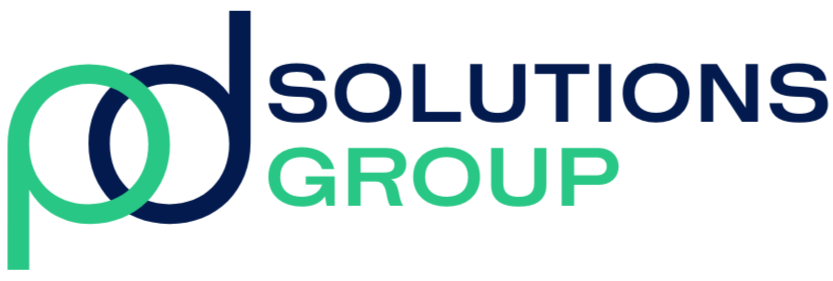10 Do’s and Don’ts for Effective HR: Boost Engagement and Drive Productivity
- dngolden0
- Apr 10, 2025
- 3 min read

In today’s business landscape, the Human Resources (HR) function isn’t just about paperwork or compliance—it’s a strategic driver of growth, culture, and sustainability. Whether you’re building an HR department from scratch or optimizing an existing one, knowing the right practices to adopt (and the pitfalls to avoid) is key to success.
At PD Solutions Group, we craft tailored strategies that address your most persistent, urgent, costly, and unresolved HR challenges. Our clients trust us to create HR frameworks that save time, make money, drive productivity, and fuel business growth.
Below are some do’s and don’ts that can help you foster a high-impact HR function in your organization.
Do’s of Effective HR
Do Align HR Strategy with Business Goals: The most effective HR departments are proactive partners in achieving business objectives. By developing a people strategy that supports growth targets, market expansion, and operational excellence, you ensure your HR function propels the organization forward.
Do Invest in Professional Development: Invest in continuous training and development programs that boost employee skills. Well-trained employees feel valued and are more likely to remain productive, motivated, and loyal. Strengthening and growing your workforce’s capabilities helps the entire organization adapt to market changes.
Do Emphasize Employee Engagement and Well-Being: High employee engagement leads to better performance, reduced turnover, and a positive workplace culture. Initiatives focusing on mental health, work-life balance, and recognition programs contribute to a more satisfied and productive workforce.
Do Leverage Data and Technology: Modern HR isn’t just about gut feeling—it’s informed by analytics. Use HR systems to track metrics like recruitment efficiency, employee satisfaction scores, and retention rates. Data-driven insights help identify trends, highlight areas for improvement, and provide a compelling business case for strategic initiatives.
Do Communicate Openly and Often: Transparent, consistent communication builds trust. Keep employees informed about company developments, policies, and decisions. Two-way communication channels—like Q&A sessions or feedback platforms—can strengthen relationships and improve employee sentiment.
Don’ts of Effective HR
Don’t Treat HR as a Back-Office Function: HR should not operate in isolation. Maintaining a seat at the leadership table is crucial. When HR is integrated into key strategic discussions, you can anticipate people-related challenges and create solutions that benefit the entire organization.
Don’t Overlook Compliance and Risk Management: While innovating and scaling is essential, ignoring regulatory or compliance-related aspects can be costly. Failing to keep up with labor laws, health and safety standards, and fair employment practices can damage the organization’s reputation and financial standing.
Don’t Cling to Outdated Processes: What worked ten years ago may be irrelevant today, especially in fast-moving industries. Review and update your HR systems regularly to remain efficient and competitive. Stale processes result in wasted time, missed opportunities, and talent drain.
Don’t Neglect Onboarding: A disorganized onboarding experience can sour a new hire’s perception from the start. Prioritize a structured, welcoming onboarding program. The better the transition, the sooner a new employee can contribute to business goals.
Don’t Underestimate the Power of Culture: Culture isn’t just a buzzword—it directly affects performance and retention. A toxic or misaligned culture can hamper collaboration, innovation, and morale. Define your cultural values, communicate them consistently, and recognize behaviors that exemplify those values.
Why Effective HR Matters
Effective HR drives far more than administrative tasks—it shapes the entire employee experience, from recruiting top talent to developing leadership pipelines. It also plays a pivotal role in aligning individuals’ goals with the wider business strategy.
As you refine or rebuild your HR processes, remember that each initiative—a new performance management system or an updated onboarding plan—can either enhance or dilute the overall employee experience. Thoughtful changes, data-driven strategies, and continuous learning ensure that HR remains a powerful enabler of business success.
Ready to Level Up Your HR?
Strong HR practices aren’t just about solving problems; they’re about creating an environment where people and business flourish together. If you’re ready to unlock the potential of your workforce, consider partnering with a dedicated HR consulting firm. At PD Solutions Group, we specialize in diagnosing needs and providing tailored, high-impact solutions to propel your business forward.
Contact us for an in-depth consultation or follow our blog for more insights on the latest trends and practices in HR leadership.


Comments